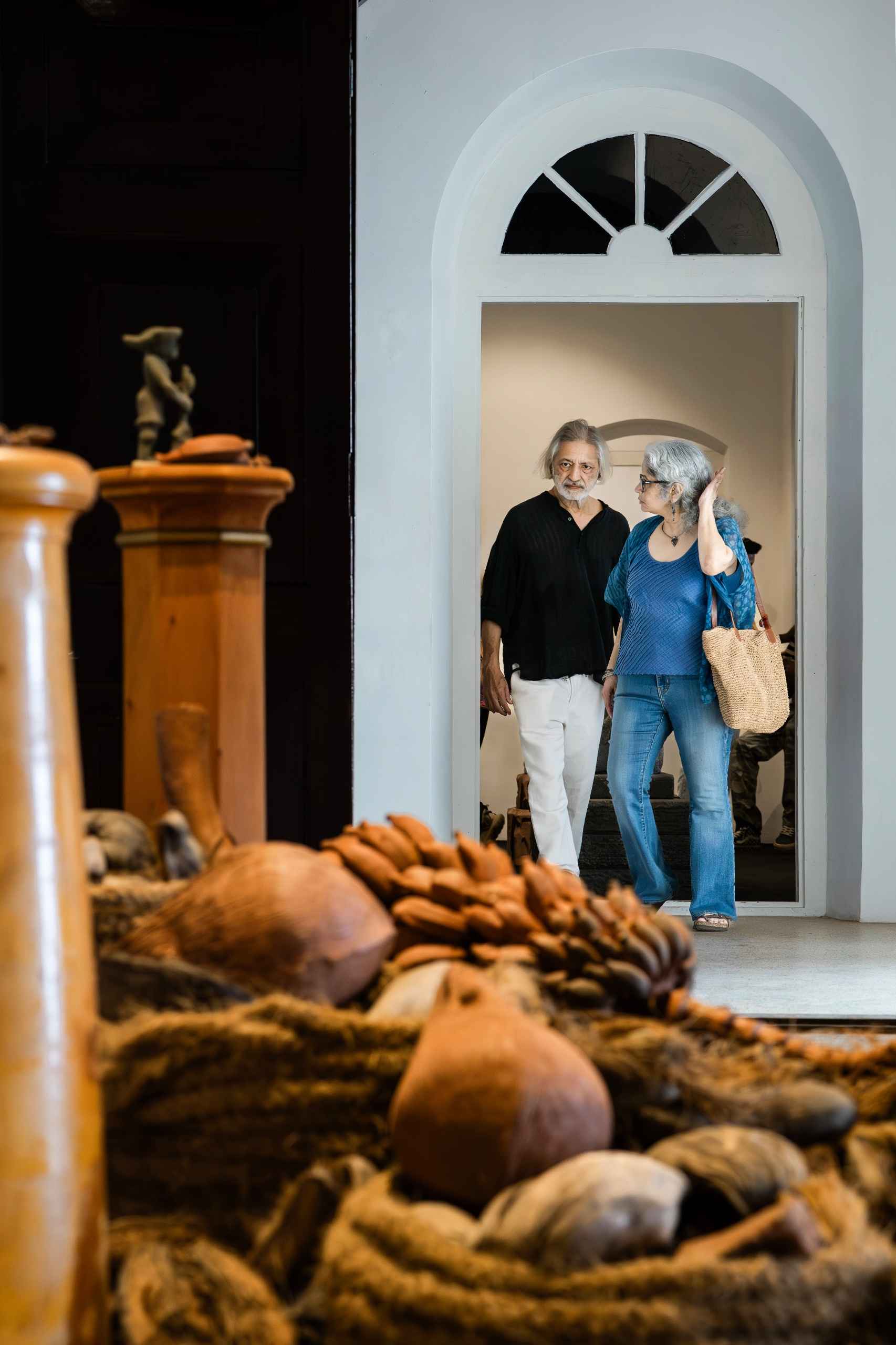Adopt scientific approach in initiatives to preserve intellectual heritage: Chandrabhas Narayana
Adopt scientific approach in initiatives to preserve intellectual heritage: Chandrabhas Narayana
Trivandrum / August 14, 2022
Thiruvananthapuram, August 14: Ancient Indian scholars and seers were aware of many of the seminal ideas of modern science and mathematics much before the Western world came across and propagated them, according to Prof. Chandrabhas Narayana, Director, Rajiv Gandhi Centre for Biotechnology (RGCB).
Prof Narayana was addressing a function held by the Department of Culture, Government of India, and the Satsang Foundation at the Poojappura Central Prison here to mark the Azadi Ka Amrit Mahotsav, on the eve of the Independence Day.
As a premier research institute of the country, RGCB has launched a comprehensive science heritage research initiative to take to the people the benefits of research in domains like science, medical science and biotechnology based on a scientific approach, he said.
“The system of education that we have been following over a long period has impressed in our minds the notion that the western world accounts for all basic discoveries of modern science. An objective search of history, however, will show that many of the basic scientific concepts branded as western contributions had their origin in India. “Prof Narayana said.
“Calculus is entirely the contribution of India. The Indians were aware of those mathematical principles which the Greeks later popularized as the Pythagoras theorems”, Prof Narayana said.
The Indians knew that the earth was round and accurately worked out the distances between different points of the globe. They knew the basic principles of navigation by clearly determining the routes through which the vessels sailed. It was an Indian himself who guided Vasco da Gama to land in the sub-continent, Prof Narayana said.
In medical science, the treatises of Charaka and Sushruta have clear descriptions of surgeries to cure hernia and removal of urine stone. Ayurveda has methods to address the serious issue of Multi Drug Resistance, which is still a challenge for the modern medicine. Chronic diseases like TB and malaria often reach a stage where the viruses resist the medicine. Such challenges could be effectively addressed by Ayurvedic treatment, he said.
Emphasising the need to preserve the ethnic knowledge, he said food security is one key area where this is vitally important. It is to achieve this goal that a project to preserve and popularize the highly nutritious and pest resistant local strains of paddy and pepper is taken up as part of the science heritage research initiative. The RGCB has taken up a project to revive as many as 40 local strains of paddy and encourage the farmers to cultivate them.
The Central Prison Joint Superintendent Shri A I Shan, Prof C T Verghese and Welfare Officer Smt Rekha K Nair also attended the programme.


